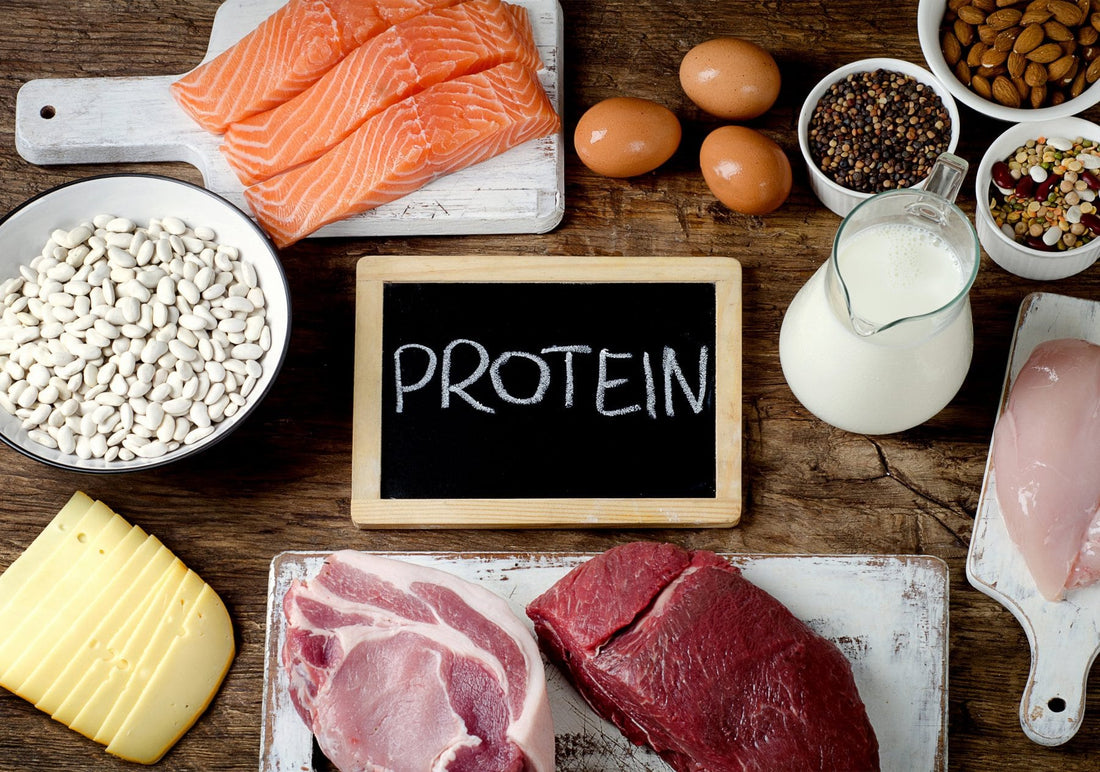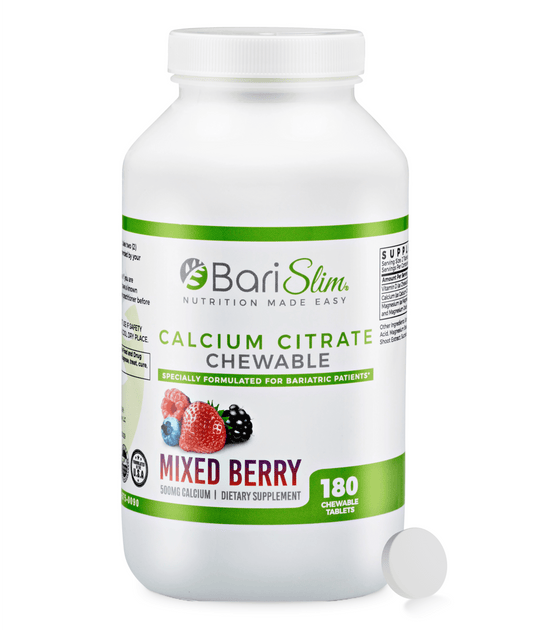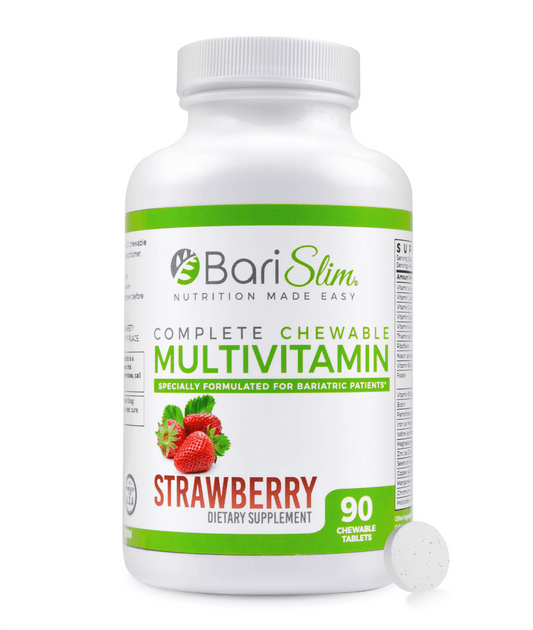Introduction
Protein consumption is the most critical nutrient after bariatric surgery. Your daily goal should be to eat between 60 and 80 grams of protein per day.
Insufficient protein consumption will lead to hair loss, muscle loss, and exacerbated sagging skin. It is important to track your protein consumption and make sure you get the proper levels after your surgery.
Prioritize Protein
Planning meals following your surgery should center around high-protein bariatric recipes. As you eat, the protein should be the first item enjoyed. In case you fill up quickly, the protein is more important than the other meal elements. After the protein, vegetables, and fruits follow, and the complex carb on your plate should be eaten last. During your meals, limit fluid intake and chew thoroughly to prevent discomfort.
Supplement as Needed
At times, getting enough protein from high-protein foods might not be possible for bariatric patients, although that should always be the goal. In these cases, supplementing with protein drinks and shakes is encouraged. In fact, it will be essential during the initial weeks post-procedure when you’re limited to liquids, purees, and soft foods. You can also easily add protein powder to foods.
The Best Foods for Protein Intake
The primary ingredient in high protein recipes for bariatric recipes should be a high protein food item. Potential protein elements include:
- Chicken
- Tuna
- Fish
- Meat
- Milk
- Cheese
- Eggs
- Yogurt
- Beans
- Quinoa
- Nuts
- Soy
To maximize protein and minimize unwelcome nutrients, follow a few guidelines. You should choose low-fat dairy products and opt for Greek yogurt instead of the regular, sugar-filled varieties. Purchase lean cuts of meat, and always remove skin and fat from your protein. When you’re able to eat such a small amount at a time, you need to make sure that every bite counts toward your protein requirement.
Benefits of Protein Consumption
Keeping on track with bariatric eating that includes high-protein recipes will require discipline and planning. By having a catalog of available recipes and snacks suitable for bariatric patients, you’ll be better prepared.
Potential benefits for maximizing protein include:
- Help with wound healing and recovery from surgery
- Lose body fat instead of muscle for healthier, sustained success
- Maintain metabolism; lose weight at a faster pace
- Enjoy a sustained feeling of fullness
- Prevent hair loss and promote healthy nails and hair
- Maximize performance of many body systems, including immune and endocrine
Losing weight after bariatric surgery is the entire goal of having the procedure done. Losing hair, developing saggy skin, and experiencing muscle loss are not ideal. You can avoid these side effects by consuming the prescribed amount of protein daily. With proper preparation and discipline, this goal can be met through diet, and if not, protein supplementation will help to make your bariatric procedure successful.



 Order Free Sample
Order Free Sample





